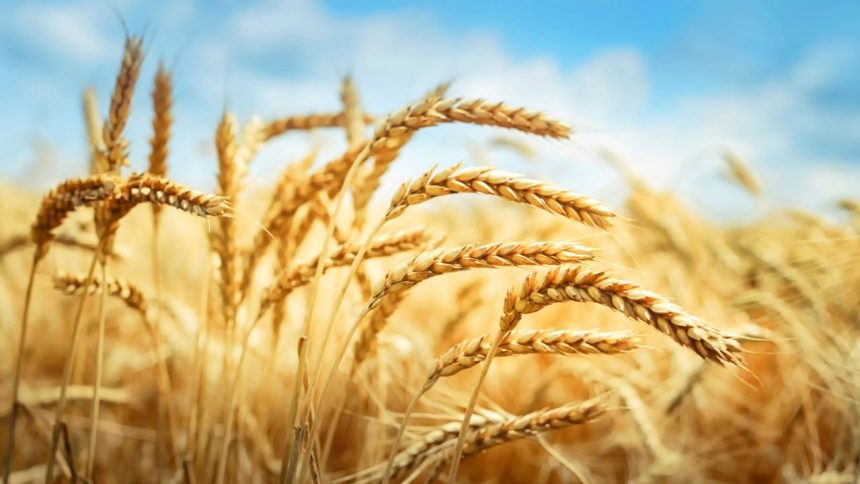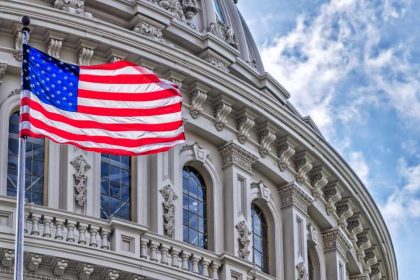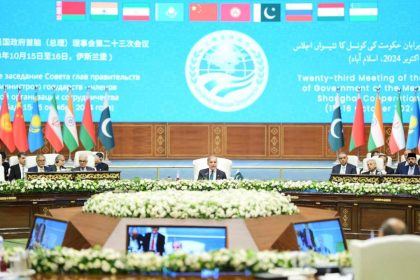The Internet is rife with the news of a potential food crisis, as the situation was aggravated by a recent announcement by flour millers to halt production from Thursday (today) in response to the government’s contentious policies and a new tax, coupled with the authorities’ failure to properly manage the wheat stock.
To many, the news reports seem stale, as this is not the first time there have been talks of a food security issue – a global phenomenon and not just related to Pakistan – or that the flour millers have used pressure tactics to influence, especially reverse, government policies. However, the situation this time around is a bit alarming, as both sides have good arguments to justify their actions.
Just a day ago, the Pakistan Flour Mills Association (PFMA) abruptly announced that they had already pulled the plug at more than 1,500 wheat processing mills, while there will be no shipments from July 11. In a statement, the association pointed out that instead of meeting its tax collection targets, the Federal Board of Revenue (FBR) was seeing flour mills as a ‘soft target’ for revenue generation, and had decided to impose a 5.5 percent withholding tax.
The millers said this imprudent and unacceptable decision will cause the flour price to jump by eight rupees per kilogram. Neither the millers not the government want the flour price to increase drastically for the very reason that unemployment rate coupled with the common man losing his buying power over the years. Both sides argue that the people won’t be able to absorb the shock of inflated staple price, especially in the current situation.
FACT CHECK
As per the Competition Commission of Pakistan, the country has one of the highest per capita wheat consumption in the world at around 124kg per year, as wheat flour contributes around 72 percent of the population’s daily caloric intake. The situation was inevitable, as Pakistan spent well over $1billion in the first three quarters of the last fiscal year on wheat imports amidst a foreign exchange shortage. These excessive imports were allowed by the caretaker setup at a time when growers expected a bumper crop, which could have made up for their losses of the previous years.
On the contrary, the growers – especially in Punjab, were forced to sell their entire crops at throwaway prices to middlemen, as the government refused to buy wheat from them. Sold for Rs4,000 per 40kg last year, ‘investors’ bought wheat for as low as Rs2,300 per 40kg during the last two months in some wholesale markets amidst anti-government protests and an outburst from the farmers’ community. The government of Prime Minister Shehbaz Sharif labelled the situation a scandal orchestrated during tenure of the caretaker government, and recently took action against officials of the related ministry and departments over the wheat import policy.
On the other hand, traders have now been demanding that the government allow them to export the surplus wheat, arguing that it would benefit the farmers directly and earn foreign exchange for the country. According to officials of the Cereal Association of Pakistan (CAP), the surplus wheat in the country exceeds 3.9 million tons, while it currently holds around 36 million tons. They argue that $140 million could be generate through importing just 500 tons of whole wheat. However, no one mentioned whether that stock would come directly from farmers or the middlemen who bought it for peanuts from the growers.
Prime Minister Shehbaz Sharif has been absorbing that pressure from the traders for well over a month. In the latest development, he informed the National Assembly on Wednesday that his government has not made any decision regarding the commodity’s export. On a point of order, he said it on record in the lower house of parliament that there were no plans to export the surplus wheat, dispelling fears of further strain on the domestic supplies. He referred to the past controversies regarding wheat and sugar export, wherein the two commodities were first shipped out and then imported at higher rates, and the profits went to a handful of people belonging to a particular group.
Despite these assurances, the situation remains intense. The millers want the withholding tax withdrawn immediately, while the government refuses to back down without getting any alternate solution or subsidies for the people. In Punjab, all deputy commissioners have recently been told to monitor the prices of wheat flour in their respective districts to ensure that flour or wheat flatbread is not sold at inflated rates. Chairing a meeting in Lahore last weekend, Punjab Chief Secretary Zahid Akhtar Zaman directed officials to take action against those fleecing the public by creating an artificial shortage of wheat.
While wheat-related policies have been controversial, the country’s agricultural exports have risen to $8 billion during the last fiscal year. This export of agricultural and food products marks a massive 37 percent increase year-on-year. The preceding year’s agricultural exports stood at $5.8 billion. The Special Investment Facilitation Council (SIFC) has been credited for this massive growth. According to reports, the biggest contributor has been rice at $3.8 billion, followed by sesame seeds at $410 million and corn at $421 million.
In addition to that, meat worth $507 million and onions worth $224 million were also exported during the last fiscal year. Trade Development Authority of Pakistan (TDAP) Chief Executive Zubair Motiwala said the opening of Chinese market for Pakistani meat played a major part in export growth. He said Pakistan had also access to new markets like Jordan, Lebanon, Egypt and Uzbekistan for the export of meat. He also hoped that the country’ agricultural exports would reach $10 billion during the next fiscal year.












